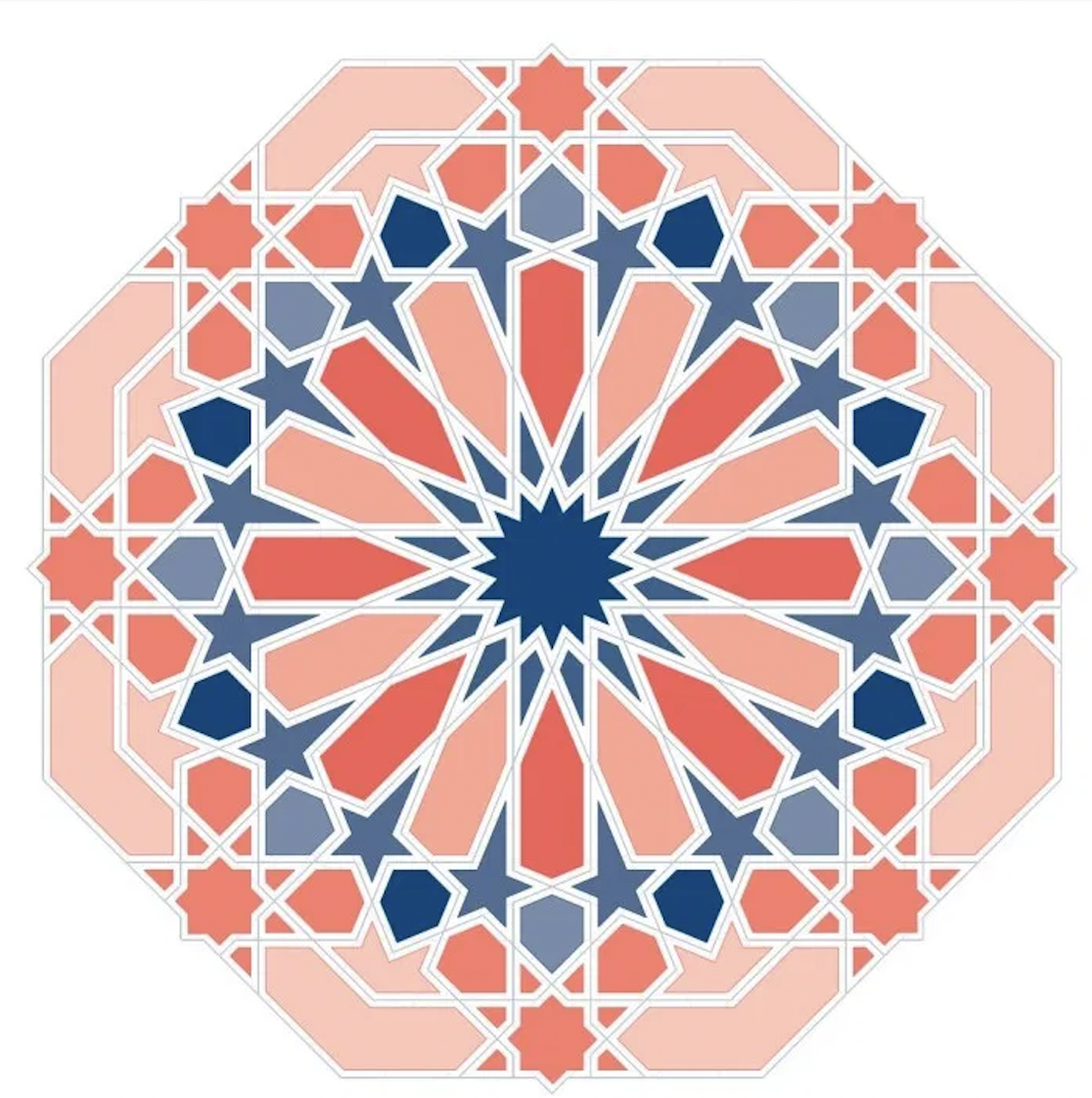Cervantes’ Muslim connection
Spain was ruled by Muslim empires from 711 until their final expulsion from Granada in 1492.
The Muslims in Spain became known as ‘Moors’ and were of diverse origins including Arab, Berbers, Syrians, Persians and eventually indigenous Spanish people as well.
Over these 700 years and beyond, the Moors left a huge imprint on Spain - much of this influence is still embedded into the very fabric of Spanish society and culture.
The influence extends to language, food, music, dance, educational institutions and libraries, as learning was integral to Islam. The first university in Europe was established in Andalusia.
There is still a presence of public baths or hammams due to the importance of hygiene in Islam, beautiful courtyards and gardens, another well-known legacy of the Muslims across the world, and of course architecture.
The father of Spanish literature, Cervantes (b.1547) is said to have based aspects of his famous book, ‘Don Quixote’ on Moorish figures and culture. He was after all writing at a time when the legacy of Moorish rule was still very obvious. It would have been virtually impossible for Cervantes to ignore such a prominent influence of Muslim culture and not draw on it for inspiration.
“Miguel de Cervantes was born and grew up in a country that was liberated just half a century earlier from Arab rule and, more importantly, from the influence of its religion.” Susnighda Dey
